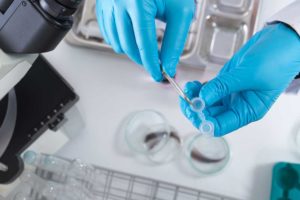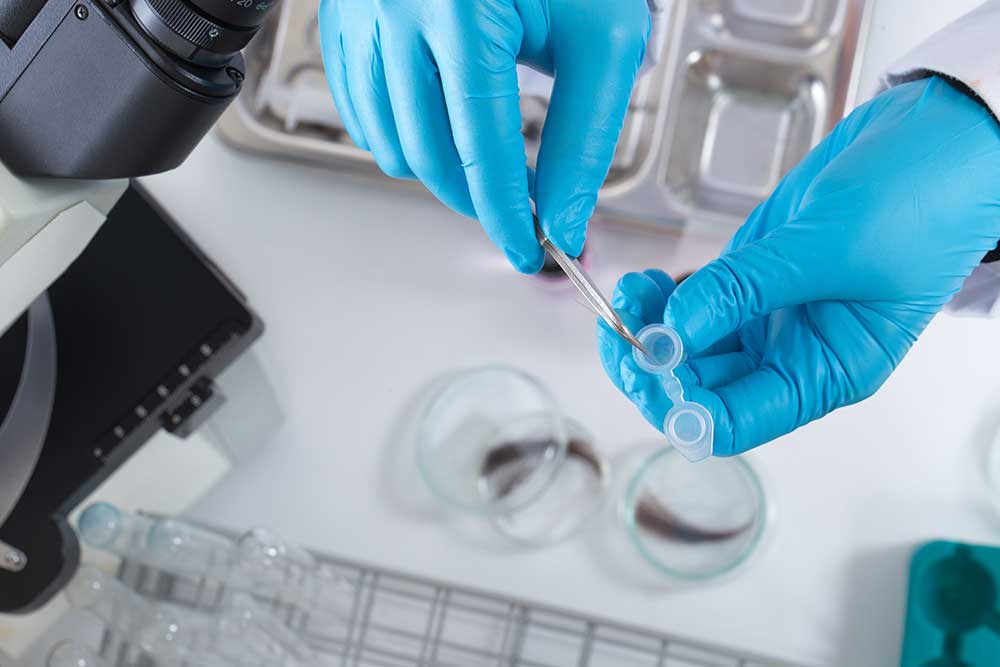Disclaimer: The information on our website is provided for general information purposes only. We make no representations or warranties of any kind, express or implied, about the completeness, accuracy, reliability, suitability or availability with respect to the website or the information contained on our website for any purpose. Any reliance on such information is therefore strictly at your own risk and we are not liable for any damages or losses arising out of or resulting from your reliance on any information contained on our website.
A coroner determines a person’s cause of death and provides insight into how that death may have occurred. For example, they may classify a death as an accident, homicide, natural causes, or simply unexplained. Additionally, coroners must perform autopsies and other types of analysis in order to investigate the cause of death. Watch a video to learn what a coroner does:
How to Become a Coroner

There is no set educational requirement for a coroner. However, The American Board of Medicolegal Death Investigators (or ABMDI) certifies people who have expertise in performing medicolegal death investigations.
Due to coroners being unregulated and not necessarily having to have a minimum educational requirement, the ABMDI is there to add more formality and quality assurance to the profession by showcasing a person’s knowledge and experience in the field. States and counties can vary in their expectations of the educational background and experience of their coroners. Although a minimum educational level is not necessary, some coroners are doctors. In this case, their title would be a medical examiner.
Job Description of a Coroner
Coroners must examine bodies and perform autopsies to determine how a person may have died. They look for signs of trauma and they also try to determine when the person died. Coroners may also have to collect samples from a body to try and determine the identity of the individual if it is unknown or their identity is in question. They would complete the person’s death certificate and assign how they died.
A coroner is an investigator of sorts as they must collect as much evidence and information as possible from police reports, scenes of a crime or location of a body, and from the body itself to answer may questions related to the person’s death: how, what, when, where, and why. This information is invaluable especially when the death is in question. It can also help in court cases when an individual is being tried for their connection to the death.
Coroner Career Video Transcript
Coroners are medical detectives. They work with other investigators to that are accidental, violent, or unexplained. Coroners perform or supervise autopsies and highly specialized lab tests. When a coroner is also a physician, he or she is called a medical examiner. They may visit the scene of the death and confer with law enforcement and public health officials to gather information. It’s up to the coroner to determine or assign a cause of death, and issue a death certificate.
A coroner is a public officer and may be appointed or elected. The coroner may be called to testify in court, in some cases to convict a person of a crime, so they must be methodical and detail-oriented. Coroners’ work hours can be irregular and involve a great deal of careful documentation. Sometimes, coroners must speak with relatives of the deceased, which requires sensitivity and respect, and can be emotionally draining. Local laws define the specifics of each coroner’s duties.
A bachelor’s degree is a minimum requirement; majors vary from criminal justice to mortuary science to forensic pathology. A medical background is a plus. Many state coroners’ associations offer certification programs. The work of coroners is an important service to the living. It can help to solve crimes and prevent future homicides or accidental deaths.
Article Citations
National Center for O*NET Development. 13-1041.06. O*NET OnLine.

